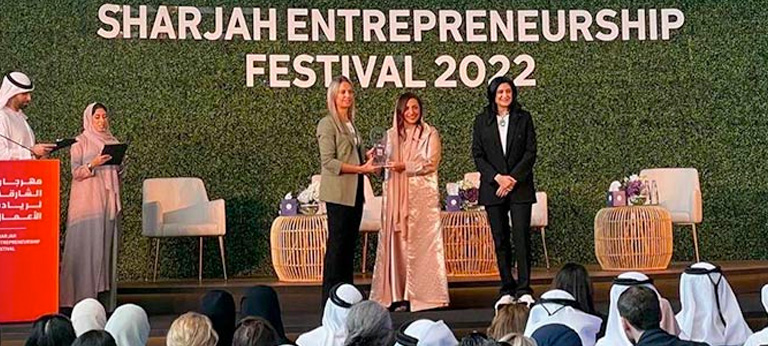OECD Dialogue on private philanthropy in MENA highlights data-driven approach is key to success
22 Mar 2022
The Organisation for Economic Co-operation and Development (OECD) hosted a dialogue on the role of private philanthropy in the Middle East North Africa (MENA) region.
The Organisation for Economic Co-operation and Development (OECD) hosted a dialogue on the role of private philanthropy in the Middle East North Africa (MENA) region. The discussion, titled, ‘Data and Dialogue on Private Philanthropy for Development: Regional study to unpack Private Philanthropy for Development from MENA’, convened expert participants from across businesses, foundations, government, and philanthropy, to share perspectives.
Speakers included Natasha Ridge, executive director of the Sheikh Saud bin Saqr Al Qasimi Foundation for Policy Research, Badr Jafar, CEO of Crescent Enterprises, founder of the Pearl Initiative, and founding patron of the Centre for strategic philanthropy based at the University of Cambridge, and Sonia Ben Jaafar, executive director of the Abdulla Al Ghurair Foundation.
On the road to achieving the United Nations’ Sustainable Development Goals by 2030, private philanthropy is playing an increasingly critical role, providing targeted, localised, and nimble resources and support to communities in need. In December 2021, OECD released its second edition of ‘Private Philanthropy for Development’, a report which aims to meet the growing demand for open, reliable, and comparable data on philanthropy by analysing and comparing philanthropic activity across geographies and, sectors.
From the various findings and recommendations in OECD’s report, the organisation emphasises a need to invest further in rigorous learning and recommends that organisations share data on philanthropic giving to better identify gaps, avoid redundancies, and inform the broader public. The report identified that private philanthropy for development, from 205 foundations worldwide, amounted to $42.5bln between 2016 and 2019, an annual average of $10.6bln.
In his keynote remarks, Jafar said: “Availability of capital is not the obstacle. The sheer scale of philanthropic capital alone has the potential to deliver lasting results. It is the strategic deployment of this capital that we must learn to unlock. Within our region, and all global markets, philanthropists are uniquely equipped to help innovate solutions to the social challenges that confront our communities. We just need the right tools to do so — digital infrastructure, transparency, trust, data, are all critical aspects with immense room for growth.”
Jafar’s keynote speech was followed by a panel discussion that featured Noura Selim, executive director of the Sawiris Foundation for Social Development, Naila Farouky, CEO of the Arab Foundations Forum, Sonia Ben Jaafar, executive director of the Abdulla Al Ghurair Foundation, and Ranya Saadawi, executive director of the Pearl Initiative. Among the topics raised, the panel discussed the effect cross-sector networks can by harvesting different areas of expertise and promoting better collaboration.
Saadawi said: “When it comes to building resilient and sustainable economies and societies, corporate governance is essential. This, of course, extends to private philanthropy, which is essentially private capital for public good. The Pearl Initiative works tirelessly to create spaces for leading corporate and family business donors in the region to convene and share experiences and learnings with one another. When it comes to delivering results-driven corporate social responsibility and corporate philanthropic activities, experiential data is vital for the sector’s future planning and success.”



